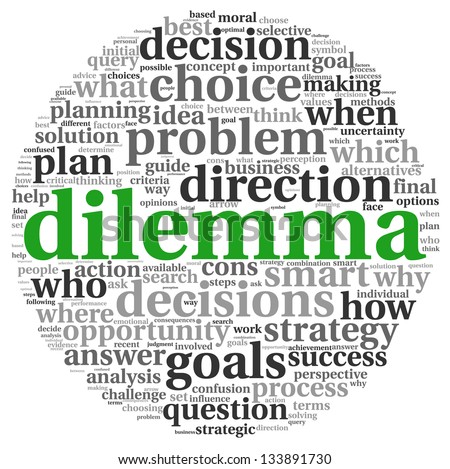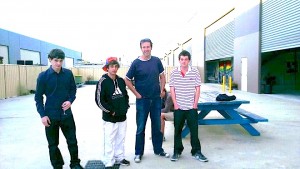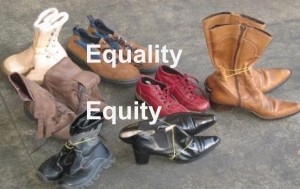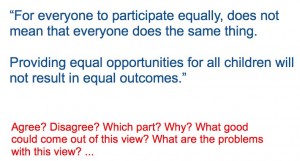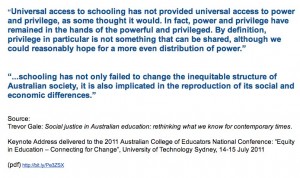
Horse whisperer (noun)
A person who tames and trains horses by gentle methods and speech.
Recently, I was described by a respected educator as a ‘kid whisperer’, a person who, as the originating definition above suggests, is gentle and fairly attuned with students in my care. Now, those of who have worked with me know I can bellow a mighty shout and a stern look when needed too, let’s not pretend … But overall, the gentle and patient has been my forte. To be called a kid whisperer is, to me, a badge of honour.
I have been asked the ‘what do you do?” type questions. A quick, from-the-hip reply goes like the following. And please do read the disclaimer too:
Tip #1 Watch what is going on. Listen, watch the child’s body language and your own, know the context, ask, create then keep a SAFE space for expression, whatever the form. If a kid looks hungry, upset, sleepy, sad … don’t ignore it for the sake of ‘efficiency’ but acknowledge and work with what you have in front of you, not what you would like to have in front of you.
Tip #2 Respond in unusual ways if need be. Disrupt the standard responses (raising voice, punishment, showing disappointment, overly praising, coldly quoting the rules, just slower and louder … you get it, surely). Say something the student is not expecting to hear but would perhaps like to hear, then go from there.
Tip #3 Find out something personal about each student. Does not have to be big, just big enough to strike a conversation, quick occasional “how is the BMX racing going? Got your new bike yet?” Yard, informal a great place for it.
‘Pablo’ (not his real name) is ‘trouble’ – in trouble, labelled as trouble, causing trouble. I could throw half a dozen edu-acronyms and phrases at you to describe him. He had called me a f*****g c**t only a few weeks ago, to which he was suspended for a day. Rightly so, boundaries do and must exist.
Yesterday, Pablo flatly refused to work on the environmental assignment like the rest of the class. Five minutes later, I asked him (gently, one-to-one): “OK, look, I get that writing about the Murray river probably isn’t the most important thing to you right now. What IS important to you right now?” Not the usual response …
Pablo paused and said: “I need to work on my CV [resume].” An interesting thing for a ‘trouble’ 13-year old to say. “Would you like me to help you with it?” Nothing to do with rivers here but let’s see where this leads …”
Where it has lead to is an amazing insight into his life, aspirations and family circumstances. He felt safe to tell me. He felt listened to. Tomorrow, we are finishing our collaboratively written CV and cover letter so he can letter-drop local businesses for a small part-time job. I, the guy whom he insulted a week ago, will be honoured to be his referee. And what do you think are the chances of him at least trying to write about the Murray river after that? Yeah, that.
The story I tell is real. The ‘tips’ I offer are real. But then, they are mere tips and they remind me of another story:
Ratko Rudic, the world’s most successful water polo coach (and my former coach) was invited by our national federation to work with coaches. He was bemused by the number of people who wanted ‘quick tips’ on all sorts of things:
“These Aussies are funny. Like the Americans, they want … what do they call them … ‘tips’ on legwork. Sure I can give them that in good will but I can’t give them the ten years of time and effort it took me to work it out myself. And I am still learning it!”
If you think that any of this can help your work with kids in your care – please use, spread, change, quote, make yours at will. No problem. But just like my old coach, I am telling you that all this is hard work in progress for ends I can never be certain of.
Just like listening itself. I for one still don’t do enough of it, especially of the youth in my care. And every teacher worth their title will probably tell you that.
